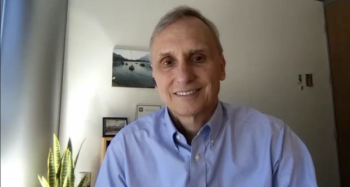
The chief medical advisor for the Muscular Dystrophy Association discussed how the ongoing novel coronavirus pandemic will have a lasting impact on the use of telemedicine in the neuromuscular community­­.

The chief medical advisor for the Muscular Dystrophy Association discussed how the ongoing novel coronavirus pandemic will have a lasting impact on the use of telemedicine in the neuromuscular community­­.
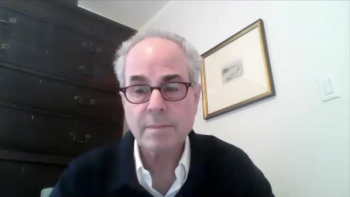
The professor of neurology at the University of Vermont Larner College of Medicine and founding president of the Alliance for Headache Disorders Advocacy discussed the need to get patients with migraine access to medications during the COVID-19 pandemic.
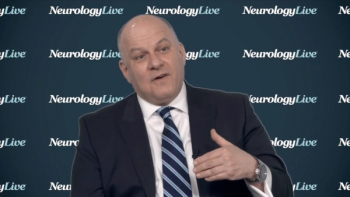
The Director of the Sleep Disorders Center and vice chair of the department of neurology at UCLA David Geffen School of Medicine describes why labeling patients can lead to a misdiagnosis of narcolepsy.
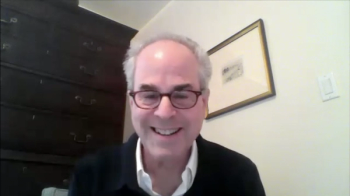
The professor of neurology at the University of Vermont Larner College of Medicine and founding president of the Alliance for Headache Disorders Advocacy spoke about the impact the COVID-19 pandemic has had on his practice.
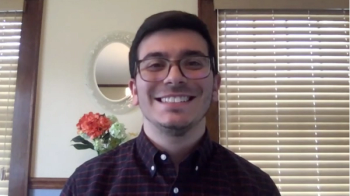
Neurology News Network for the week ending April 11, 2020.
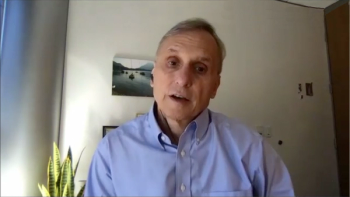
The chief medical advisor for the Muscular Dystrophy Association detailed his experience with the process of having to manage patients and conduct research amid the COVID-19 pandemic.

The chief medical advisor for the Muscular Dystrophy Association spoke about the process of keeping patients updated on new information and how the MDA has taken steps to ensure the neuromuscular community gets the correct information.
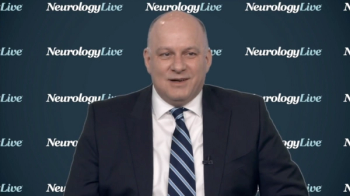
The Director of the Sleep Disorders Center and vice chair of the department of neurology at the UCLA David Geffen School of Medicine detailed how patients and physicians can be proactive in identifying narcolepsy.

The chief medical advisor for the Muscular Dystrophy Association discussed how his approach to the management and care of patients with neuromuscular disease has been affected by the COVID-19 pandemic.
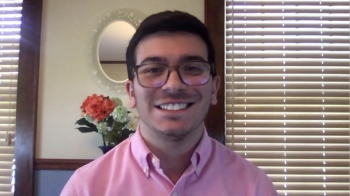
Neurology News Network for the week ending April 4, 2020.
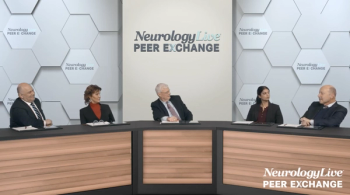
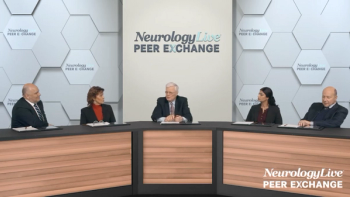
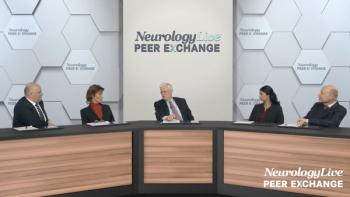
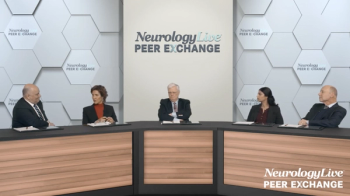
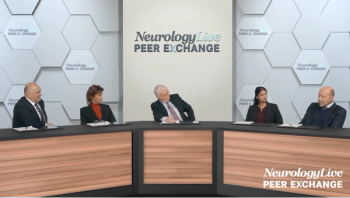
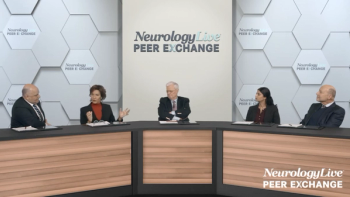
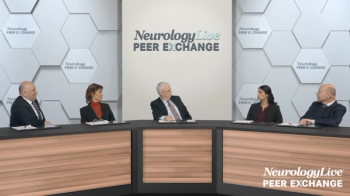
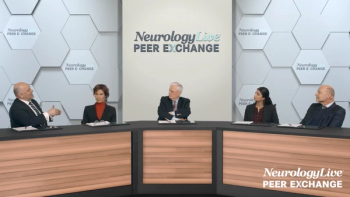

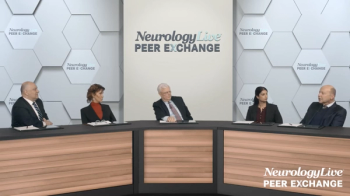
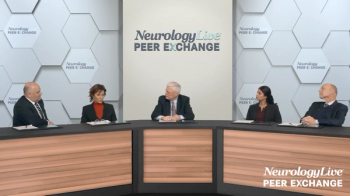
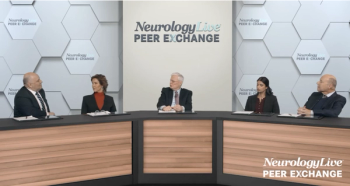
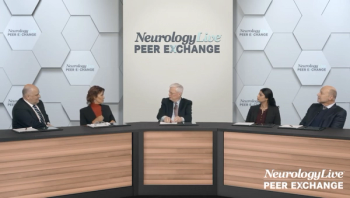
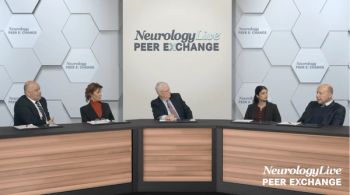
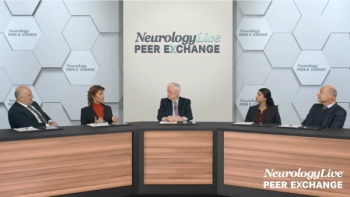
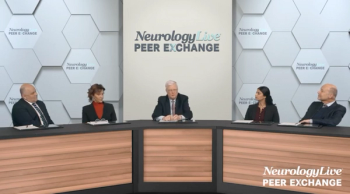
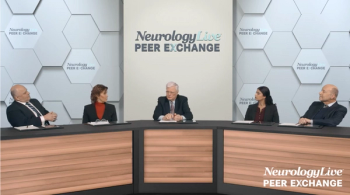
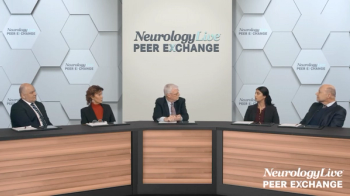
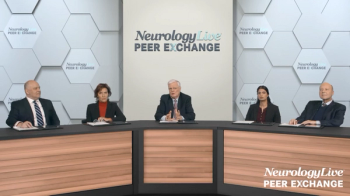
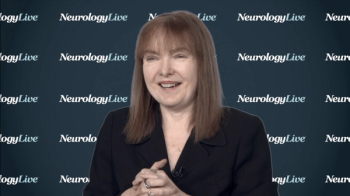
The director of the MS Comprehensive Care Center and interim chair of the department of neurology at Stony Brook University spoke to the importance of properly communicating with patients with MS as a physician.